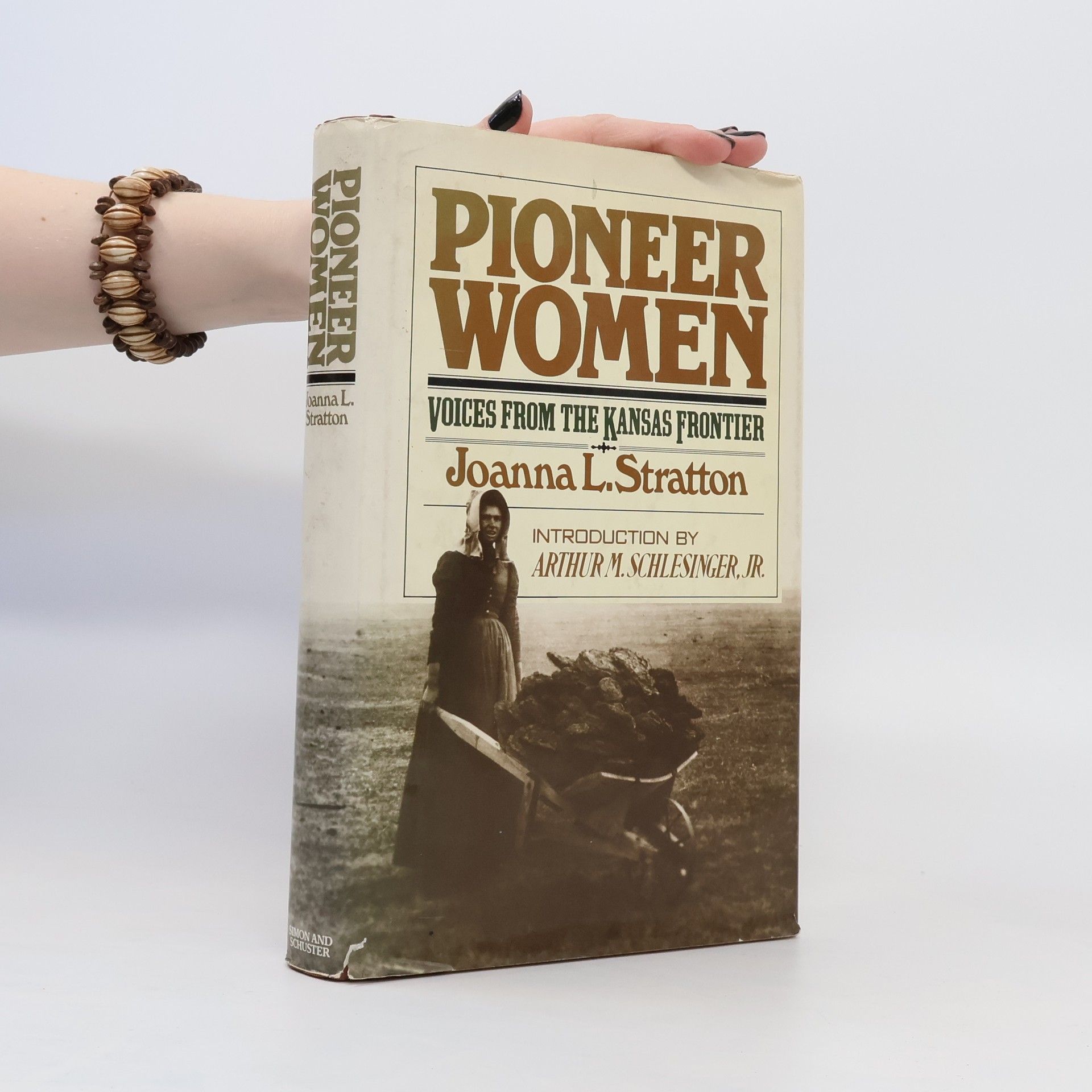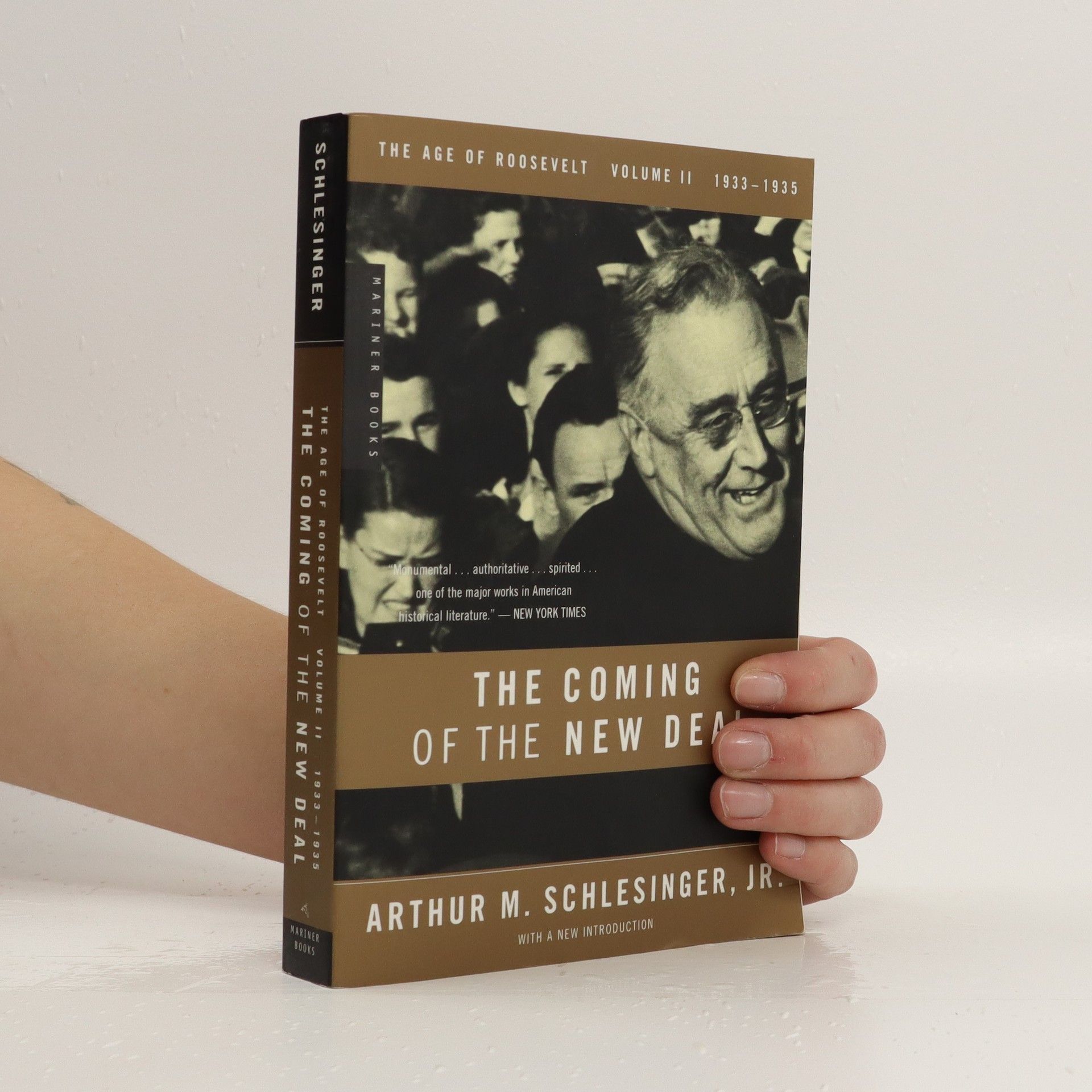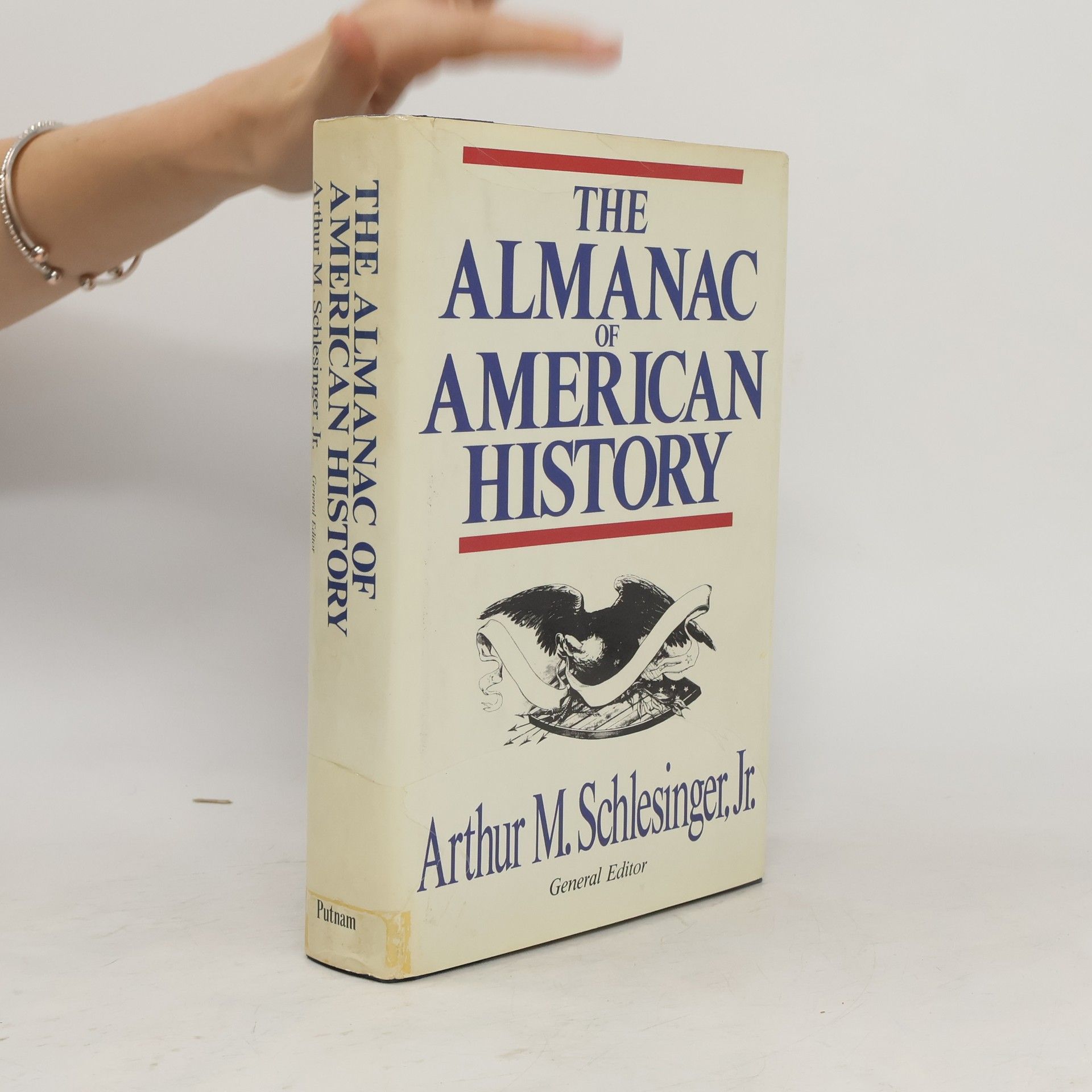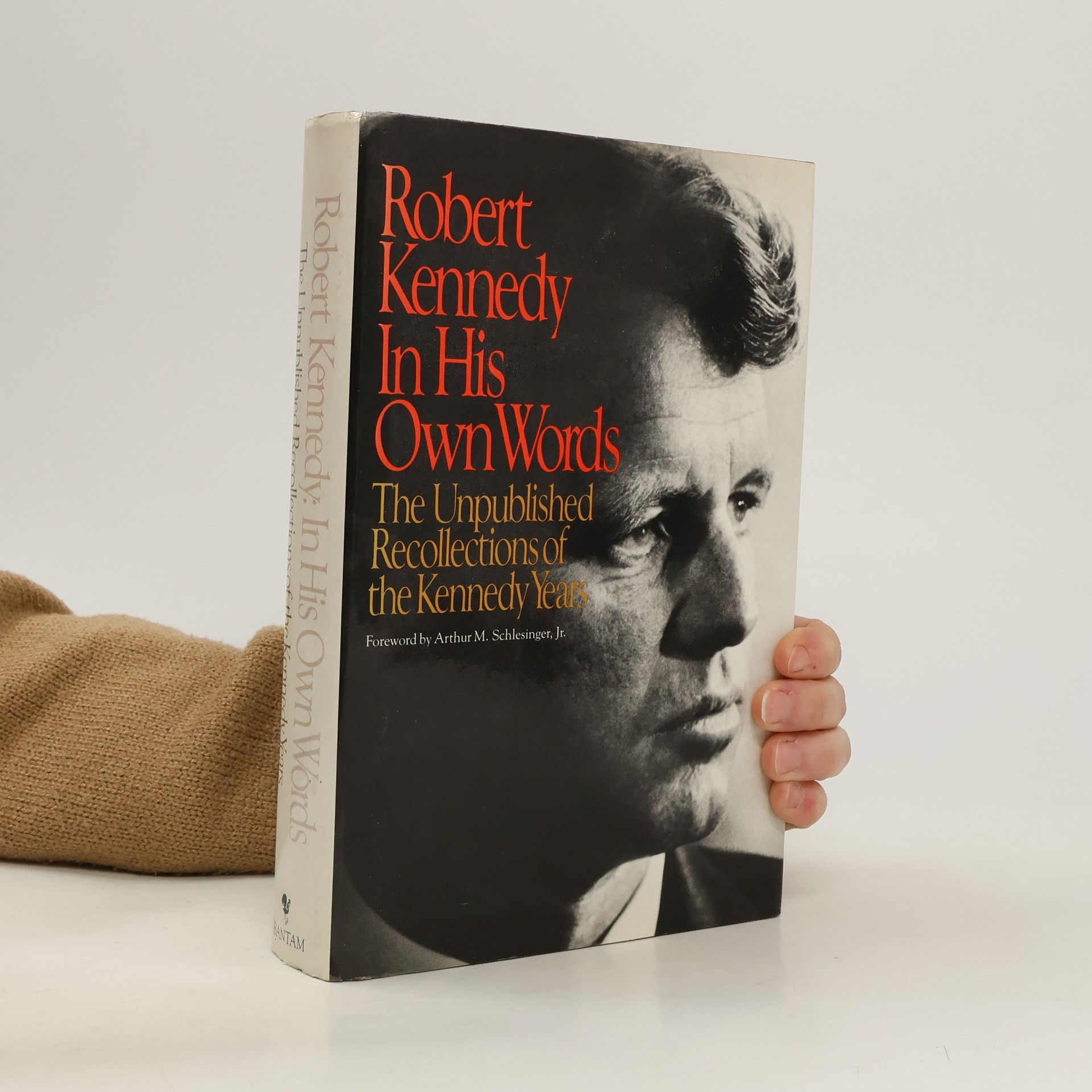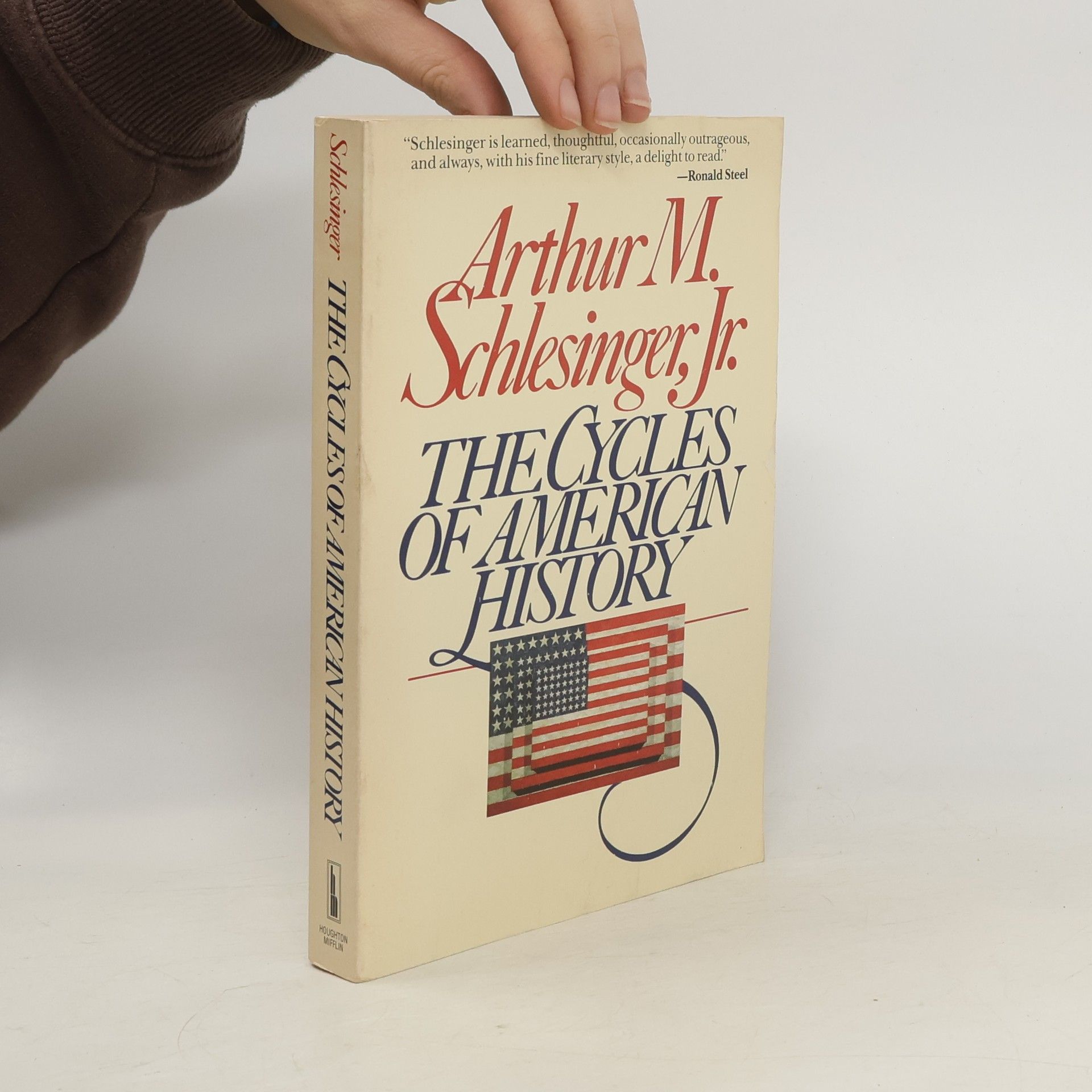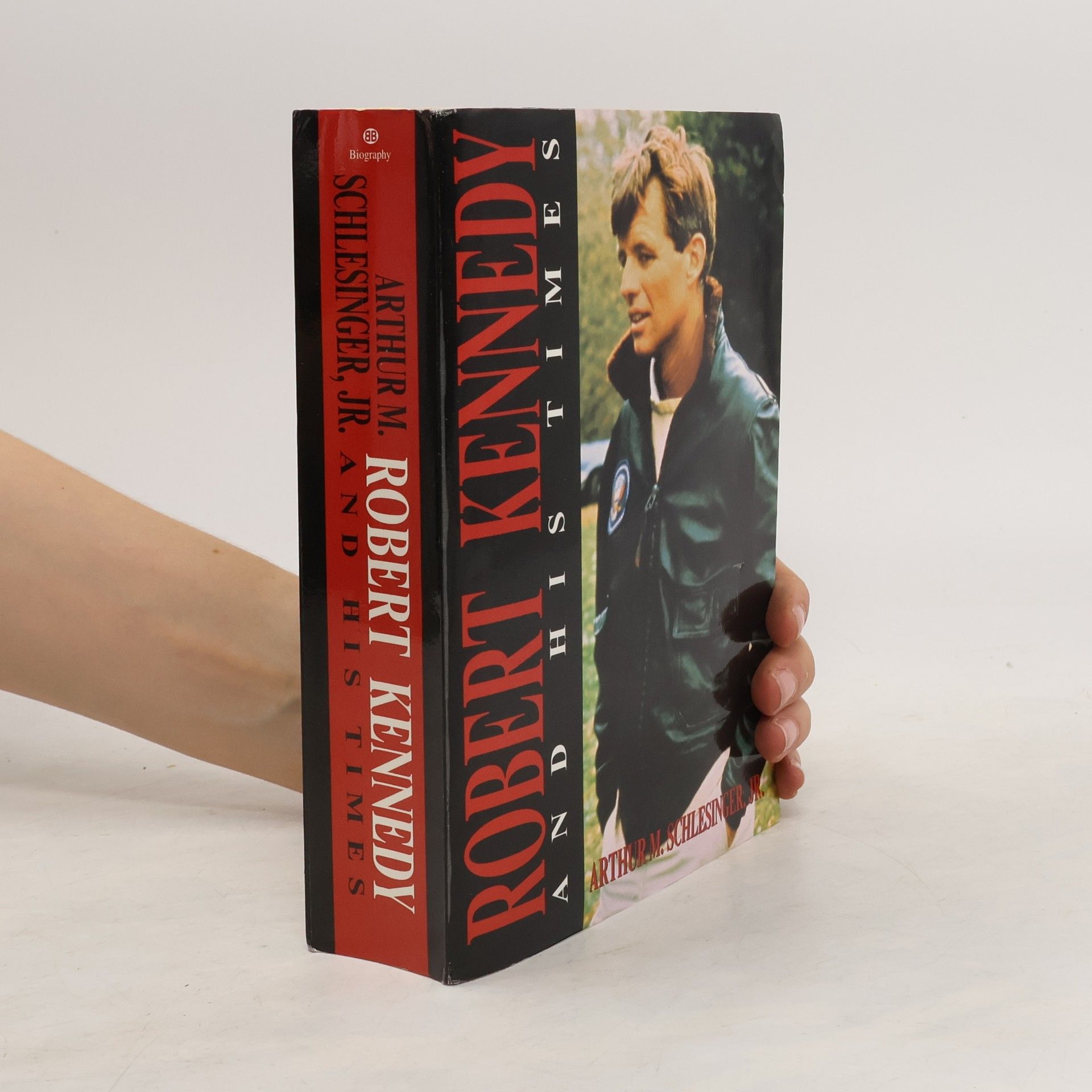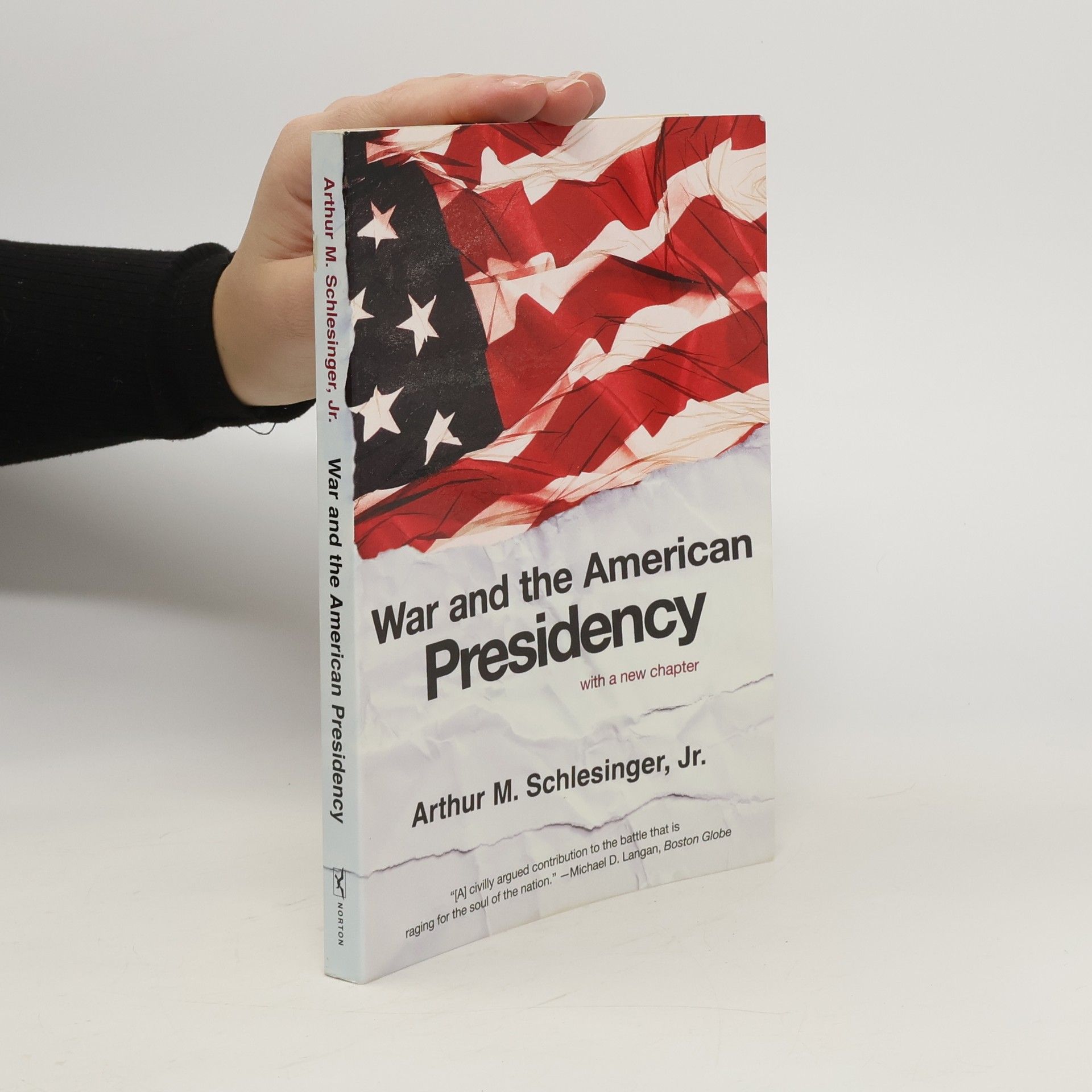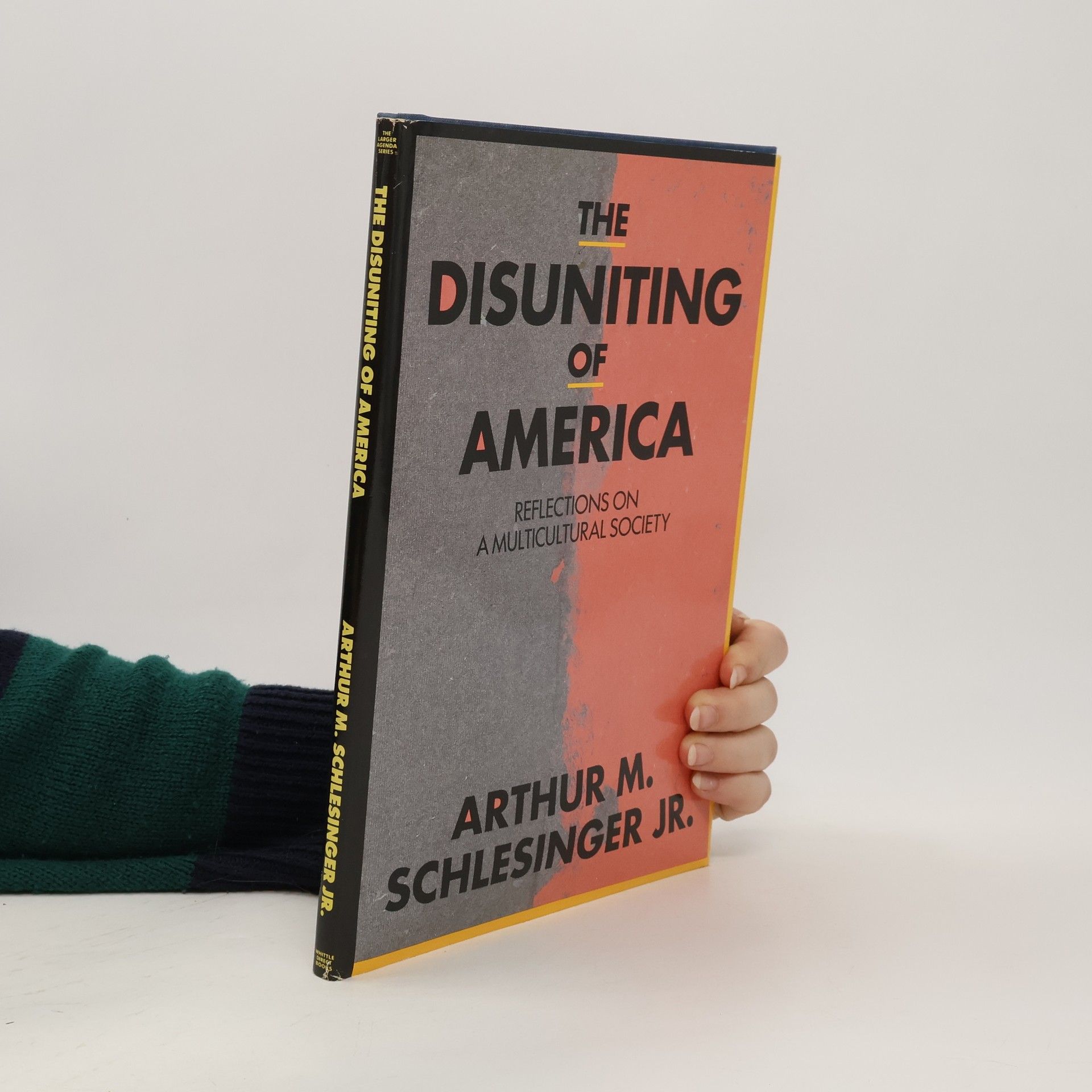Viața mea cu John F. Kennedy
Interviuri cu Arthur M. Schlesinger Jr., 1964
- 366 pages
- 13 hours of reading
"In 1964, ca parte dintr-un proiect de istorie orala despre viata si cariera lui John F. Kennedy, mama mea a intrat intr-un dialog cu Arthur M. Schlesinger Jr. pentru a-si impartasi amintirile si perceptia asupra lucrurilor. Inregistrate la mai putin de patru luni de la moartea sotului ei, aceste conversatii reprezinta un dar facut istoriei... Sper ca tinerele generatii care incep sa afle mai multe despre anii 1960 vor considera aceste rememorari o introducere utila in modul in care se face istoria si vor gasi in ele inspiratia de a oferi ceva acestei tari care ne-a oferit tuturor atat de multe." Caroline Kennedy "In ciuda insistentei ei de a avea o viata privata, Jacqueline Kennedy nu a uitat niciodata ca avea o obligatie fata de posteritate. Stia ca, atunci cand aceasta istorie orala va fi publicata dupa moartea ei, va avea ceea ce se astepta sa fie aproape ultimul cuvant despre viata alaturi de sotul ei. Prin amintirile povestite in aceasta carte, Jacqueline Kennedy a devenit prima sotie a unui presedinte american care sa accepte sa raspunda ore in sir, in fata unui megafon, unor intrebari despre viata ei publica si privata. Acum, dupa ce decenii la rand povestea ei a fost scrisa de altii, puteti sa cititi ce are ea de spus."
